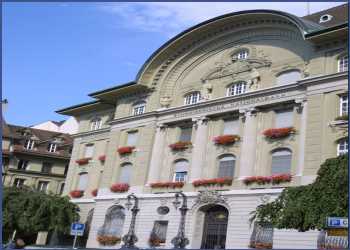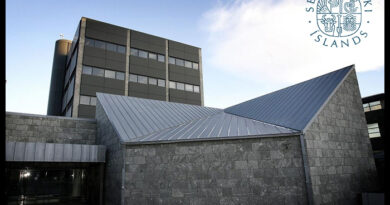Swiss Central Bank Ends Negative Policy Rate
The Swiss National Bank raised its key policy rate for the second straight meeting on Thursday, ending an era of negative rates to tame inflation that stays near a three-decade high.
The central bank hiked the SNB policy rate by 0.75 percentage points to 0.5 percent, as expected. The second consecutive rate hike took the interest rate to the positive zone for the first time since early 2015.
The bank also signaled more rate hikes going forward. “It cannot be ruled out that further increases in the SNB policy rate will be necessary to ensure price stability over the medium term,” the SNB said in the statement.
To provide appropriate monetary conditions, the SNB said it is also willing to be active in the foreign exchange market as necessary.
In August, inflation rose to 3.5 percent, the strongest since August 1993. The bank today lifted its inflation outlook for the entire forecast horizon.
The inflation projection for this year was raised to 3.0 percent from 2.8 percent. The outlook for 2023 was lifted to 2.4 percent from 1.9 percent and that for 2024 to 1.7 percent from 1.6 percent.
The SNB’s new conditional inflation forecast is based on the assumption that the policy rate is 0.5 percent over the period.
On the economic front, the central bank said the further development is likely to be shaped by the economic slowdown abroad and the availability of energy in Switzerland.
For this year, the central bank forecast GDP growth of around 2 percent, this was roughly half a percentage point lower than at the last monetary policy assessment.
The bank cited global economic downturn, a worsening of the gas shortage in Europe and a power shortage in Switzerland as the biggest risks to the outlook.
Investors’ expectations for the SNB policy rate to get close to 2 percent from the current level by the turn of the year are too aggressive, Capital Economics economist Jessica Hinds said. The economist expects a 50 basis point increase in December and 25 basis point rise in March, taking the policy rate to 1.25 percent.
Source: Read Full Article


